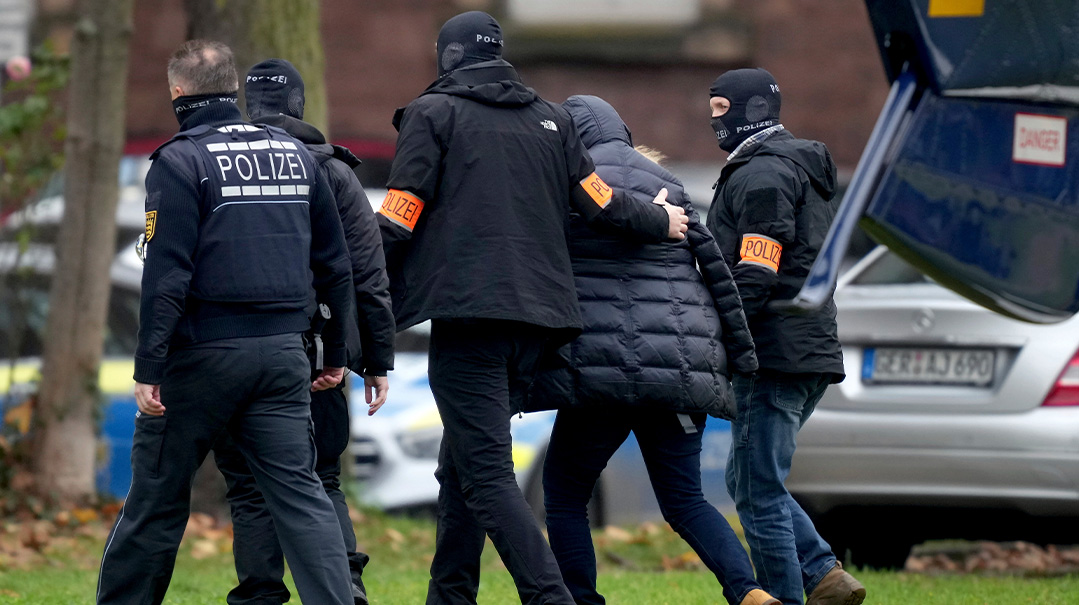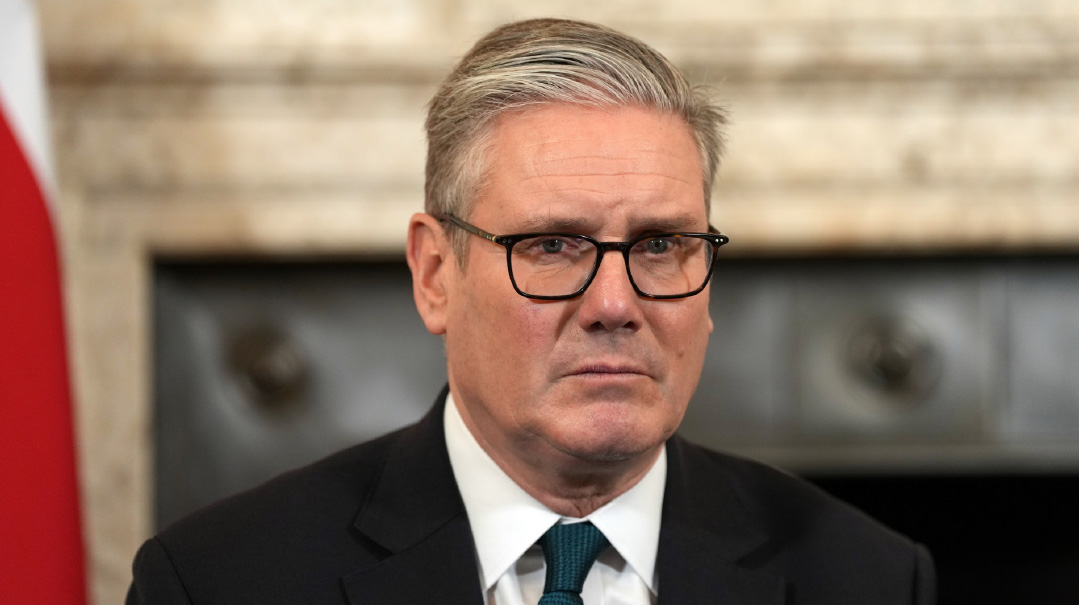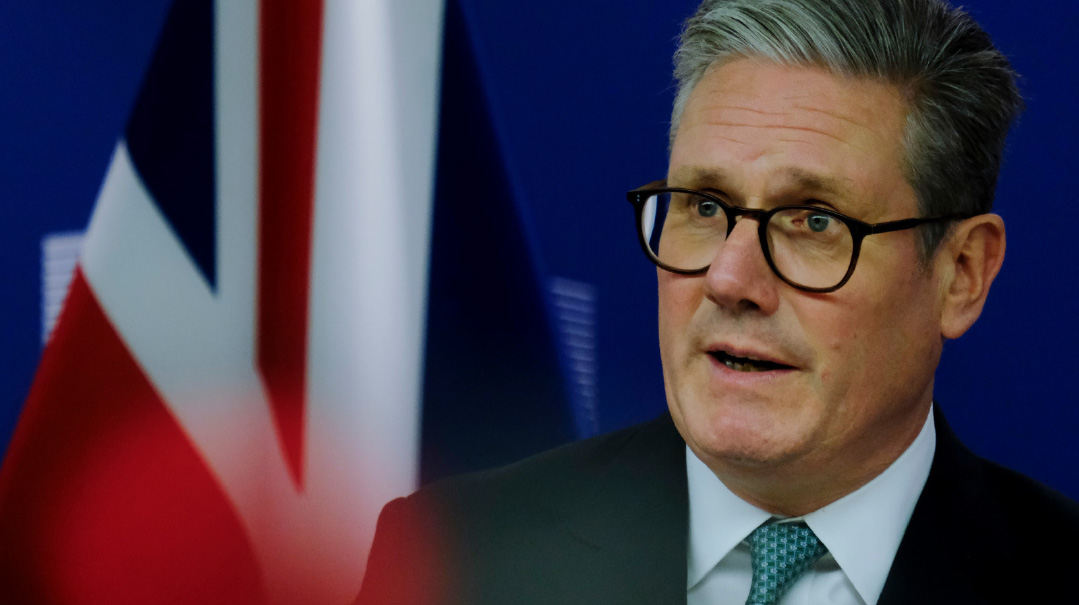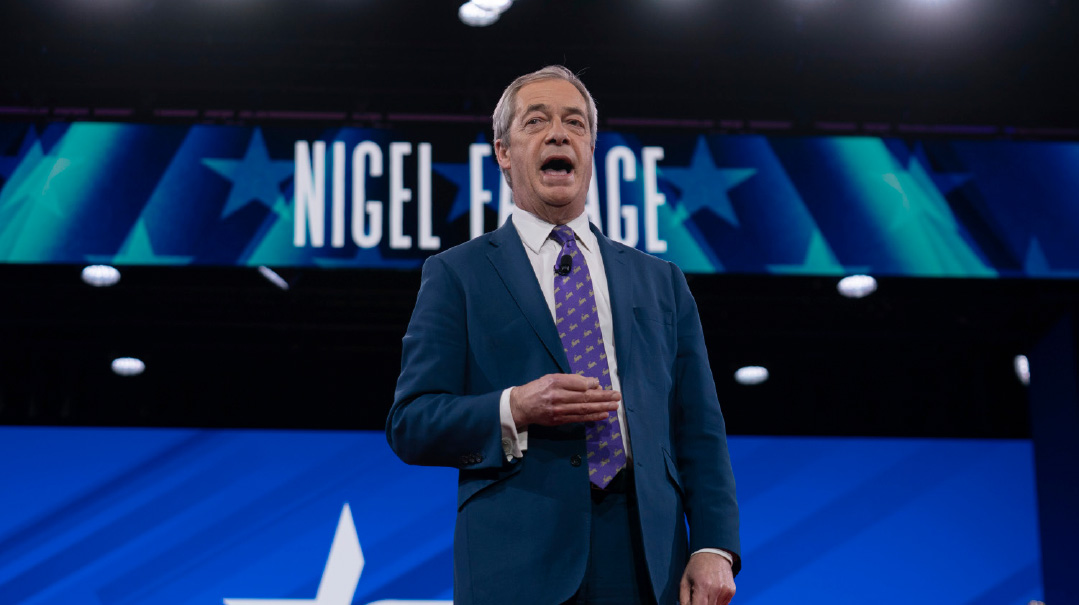Germany Hears Echoes of a Dark Past

The far-right plotters who want old Germany back

Photo: AP Images
L
ast Wednesday, Germany borrowed some headlines from the last century.
A bizarre coup d’etat plot was foiled when more than 3,000 police and security forces raided 130 locations across Germany and arrested 25 people. The detainees were all connected to a far-right movement called the “Reichsbürger,” which means “citizens of the Reich.”
Among those arrested are a physician, a member of a military special forces unit, a lawyer, and a politician from the far-right AfD party (Alternative für Deutschland). Two people were arrested in Austria and Italy, one of whom is a Russian national.
German authorities estimate that the Reichsbürger movement has around 21,000 adherents across the country. The movement includes several far-right groups that reject the legitimacy of the Federal Republic of Germany and its constitution, established in the wake of World War II.
The plotters of the coup attempt had developed a detailed plan to attack public institutions, overthrow the government, and install as leader Prince Heinrich XIII, a member of a royal family that once ruled parts of eastern Germany.
Professor emeritus Moshe Zimmermann, an expert on German social and cultural history and the history of anti-Semitism, tells Mishpacha that the German far right has never stopped dreaming of re-installing the “Reich,” the German monarchy.
“Neo-Nazis have figured in German history since 1945 — it’s a constant phenomenon, and the question has always been how big they are and how much danger they pose,” says Prof. Zimmermann, director of the Hebrew University’s Richard Koebner Center for German History. “The group that was stopped now, Reichsbürger, don’t recognize the authority of the German state that was established in 1949, and they are trying to bring down the government. This is an exotic phenomenon that has some support, not so much, and the German state is vigilant, especially because they are dealing with Nazi history. Authorities carried out a strong and severe response, and they had an operation to arrest many of those people.”
While the far right has continued to operate in Germany since the end of the war, this particular plot, says Prof. Zimmermann, is unprecedented.
“The plan of the neo-Nazis, at first, was to act in a democratic way, to influence elections,” he explains. “There were far-right parties formed in 1949. Deutsche Reichspartei, the German Reich Party, which was banned by the constitution, and other later far-right leaning parties, usually were only able to succeed in local state elections, but nothing more. When the AfD appeared, they managed to get seats in the Bundestag.
“The aim of the far-right or populist-right in Germany is to seize power democratically. Those in the movement who don’t believe that’s possible, because they know the German government is based on a Western-type constitution, are now trying to make a putsch, like Hitler once tried in 1923.”
Groups like Reichsbürger, he says, are deemed a threat by the German center right, like the Christian Democratic Party that helped establish the Federal Republic in 1949, which includes former chancellor Angela Merkel as a member; and even by the populist right, who worry about public backlash against all right-wing formations as a result of this coup attempt.
Worrying Developments
Currently, there’s no reason to think that the far-right could take control of the government via elections. Although their protests against admission of refugees and government Covid policies attracted tens of thousands of people in some cases, they haven’t managed to convert this momentum into electoral power.
“It is still worrying, in my opinion, that a party like AfD, a populist right party, could gain 15 percent of the vote,” adds Prof. Zimmermann. “But the fact that the remaining 85 percent won’t cooperate with them shows there isn’t much danger that something like 1933 will recur, when a large plurality of the population was behind a dictator.”
Professor Zimmermann says Reichsbürger adherents have carried out some low-level underground attacks, such as murdering a police officer who had come to arrest a group member, and attempting to kidnap the minister of the interior. But never had they conceived something as far-reaching as the plot that was just foiled.
“If you ask whether there were previous such attempts in the Federal Republic, the answer is no,” he says. “This all started with a plan to kidnap the minister of health, because they don’t believe in vaccines. It then grew into a plan to storm the Bundestag, where the German parliament sits, in order to start a revolution.”
It may come as a surprise to learn that many of those who were arrested are not from lower socioeconomic strata, but rather from what the Germans call “the center of the society.”
“The people who got caught were not just from the margins but also from the middle,” says Prof. Zimmermann. “Normal people whom one would sit and eat dinner with. Then you find out that they are dissatisfied with democracy and its weaknesses, and they are excited about things happening in countries like Hungary or Russia, so they are ready to cooperate against the government.”
Prof. Zimmermann also says that the Putin regime in Moscow may be offering more than passive support. These far right groups believe that the modern, liberal-democratic state has sacrificed Germany’s historic mission for a larger European cause, welcomes foreign refugees and grants them citizenship, and cooperates with entities whose politics they deem inimical; and that therefore Germans should act against their government, to the point of violently throwing it. All of this has echoes in the ideology currently driving Putin’s war in Ukraine.
Protests against admission of refugees were always the foundation on which a far-right movement could build its doctrine. But the large influx of migrants who arrived en masse in 2015 sparked an awakening — “They felt, ‘now we have to get into action,’ ” says Prof. Zimmermann.
This is when anti-Muslim groups like Pegida — a German acronym for “Patriotic Europeans Against the Islamization of the Occident” — were formed. This fertile ground gave birth to more violent groups, such as the “National-Socialist Underground,” which is believed to have murdered at least ten foreigners. When the Covid pandemic hit, and with it the government policies on lockdowns and vaccines, suspicion of state institutions took hold, and the movement began to flourish.
Adding More Light
How worried should German Jews be about these developments? Prof. Zimmermann counsels that they should be just as alert as Jews are in any other locale plagued by anti-Semitism. Surveys in Germany show that about 15 to 20 percent of the population holds anti-Semitic ideas. Zimmermann says he’s astonished that some Israeli far-right groups have expressed sympathy with the AfD, and warns that not everybody who identifies as an “Israel lover” is a friend of Jews.
Rabbi Yehuda Teichtal, a Chabad shaliach who serves as the rabbi of the Jewish Community of Berlin, says Jews are on guard in the current situation, and working hand-in-hand with federal authorities to fight anti-Semitism.
“We are happy that the government is stopping the Reichsbürger, because these are people who deny the German constitution and claim legitimacy for imperial rule, and that means they don’t have to keep the law,” says Rabbi Teichtal. “The government’s actions and all the tools they use give us the feeling of law and order, showing that there is no place for anti-democratic groups.”
Rabbi Teichtal says the community has long been monitoring these fringe groups, whose members don’t pay taxes and carry documents identifying themselves as citizens of the Reich. He commends the authorities for taking strong action against them, and says Jews will also formulate their own response.
“Our answer to them is to add more light to society,” says Rabbi Teichtal. “This year we will light the largest Chanukah menorah in Germany, in the center of Berlin at Brandenburg Gate, and we will hold more than 30 events elsewhere. Every day [of Chanukah], another German minister will light candles. This is how we defy the darkness.”
(Originally featured in Mishpacha, Issue 940)
Oops! We could not locate your form.







